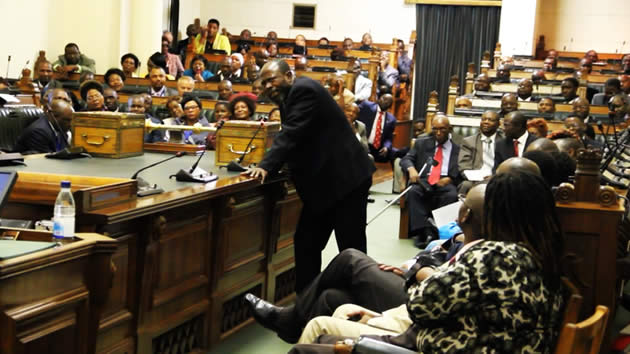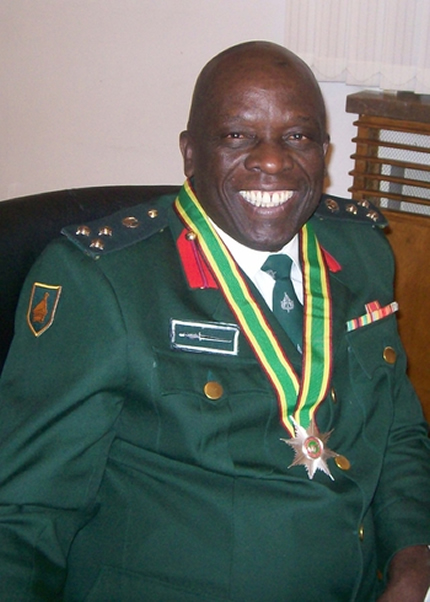When democracy becomes expensive

Mr Speaker Sir Lloyd Gumbo
Malaysia’s Balani Moses, executive editor of The Sun newspaper in that country says, “News is something, someone, somewhere tries to hide somewhere, anything else is public relations.” This aptly describes the path that journalists have to straddle in discharging their duties to maintain credibility to both the proletariats and the bourgeoisie.
There is one thing that those in power mistake journalism for.
They believe journalists must be more of lapdogs than watchdogs.
Journalism is a vocation which requires us bonafide journalists to subscribe to the profession’s cardinal principles.
Dear reader, I do not intend to give you a lecture about journalism without going to the crux of the matter.
So, for the whole of last week I got a backlash from some Members of Parliament directly and through emissaries for the installment about the need for our legislators to give us value for our money by debating bread and butter issues in fulfillment of the mandate we gave them.
It goes without mentioning that non-MPs found the article palatable as they share the same concerns. On the other hand, legislators were fuming.
One of them claimed, “You are being disrespectful. Do you know we have a mandate from the people?”
Another one said, “Why are you attacking MPs when you know they debate Bills that emanate from the Executive?
What do you want them to debate when nothing has been brought to the House? Instead you must have attacked the Executive because they are the ones who have not brought Bills for Parliament’s consideration.”
Surely, to all intents and purposes, how can legislators want to strip themselves of the powers they have?
They forget the Constitution allows them to originate Bills better known as Private Members’ Bill. After the onslaught, I was vindicated when the Head of State and Government and Commander-In-Chief of the Zimbabwe Defence Forces reminded our MPs at the weekend of their mandate.
“They say once bitten twice shy. Let us not spoil the vote of July 31. It was a people’s vote for their country. They did not vote for us to be MPs or because they wanted you to be more important than them.
“Aiwa. They voted for us as MPs so that you could go and fight for them in Parliament, fight for their rights, fight for their country, fight against sanctions, fight for the defence of their country that is why they voted for you not for you to wear a big hat and say aah ndavashe zvino, no.
“You must remain a humble beggar who went to the people to beg for their vote and the people said yes we will make you an MP provided you are going to fight for us.
“Here are the things that you should fight for, there is a Zim Asset, there are ideas, the principles you should fight for first and foremost Zimbabwe for Zimbabweans,” said President Mugabe at the burial of the late national hero, Brigadier-General Misheck Tanyanyiwa.
Need I say more when the big man has roared? We do not hate our MPs but the deeds of some of them. What everyone would not condone is to see their contributions through taxes being abused.
All we want is to have value for our money.
We want Parliament to be worth its salt by debating serious issues, introducing serious motions and when there is no business to debate to stay at home than just attending Parliament for the sake of allowances.
Everyone is struggling financially, so they would want to see every cent count.
We cannot have a Parliament that drains the fiscus without giving something in return. With a combined legislature of about 350 members, subtract about 60 members of the executive, we will be left with about 290 legislators who get sitting allowances, vehicles (maybe top of the range), fuel coupons, salaries and accommodation expenses.
At the back of all these expenses, does Zimbabwe get to the break-even point?
Surely democracy is expensive.
Meanwhile, both Houses adjourned to January 28, 2014 but they are likely to be called back next week to consider the National Budget Bill amid indications that Finance and Economic Development Minister Patrick Chinamasa would present it on Thursday.









Comments